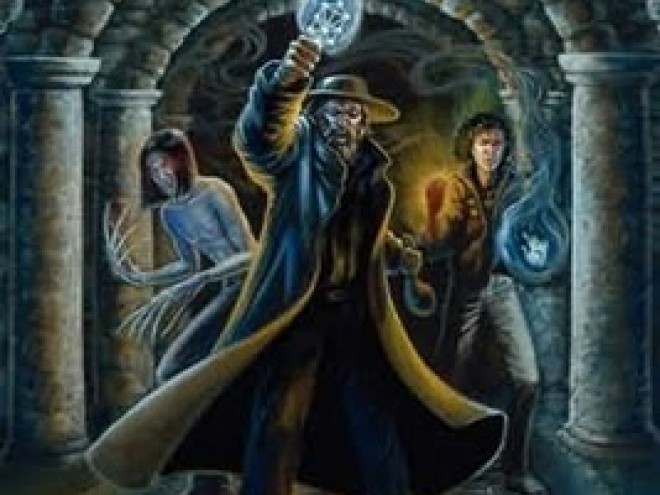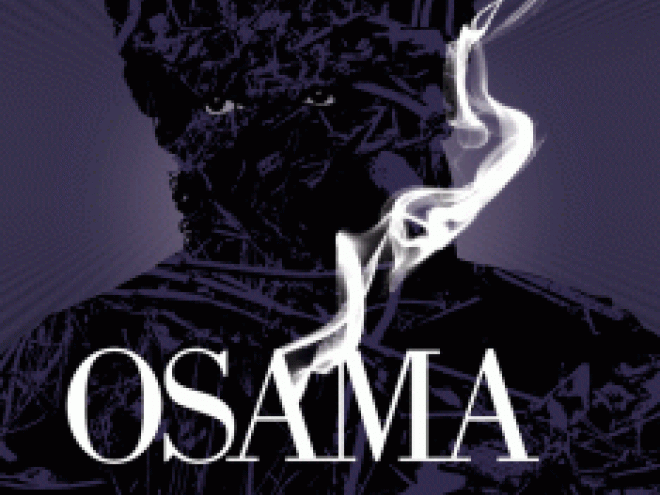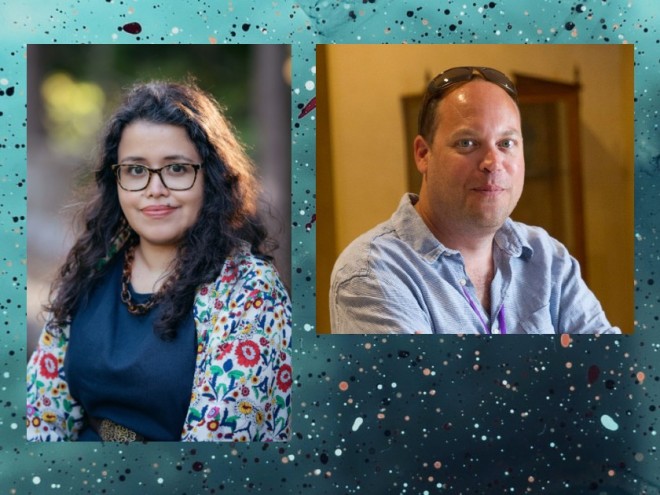Two companion collections of short stories edited by Lavie Tidhar and Rebecca Levene explore interactions or collisions between Jews and aliens and Jews and zombies, respectively. The editors invited accomplished science fiction writers to submit new stories related to the open-ended themes. Inclusion of Jews (or Judaism), aliens and/or zombies were the only expectations. As a result, the stories vary widely in subject matter, accessibility, and tone.
Science fiction is an extremely broad genre, as boundless as the heavens, and these stories are like disparate stars, planets, and other galactic bodies, distinct and diverse. This is both a positive and a negative. Science fiction readers have their own thematic preferences, spanning military science fiction, alternate history, alien world-building, technologic hard-science fiction and other categories along the spectrum. While these anthologies include something to fit the taste of most SF readers, the juxtaposition of topics and style can be a bit jarring.
Jews and Aliens opens winningly with “Antaius Floating in the Heavens Among the Stars” by Andrea Phillips. This is an epistolary tale of an alien resort, the galaxy’s premiere spot for luxurious accommodations, with views of the burning heart of the galaxy and fine inter-galactic cuisine. A destination Jewish wedding is planned for the resort, with expectations of kashrus and “frum” decorum. Needless to say, the aliens operating the resort find these expectations entirely too alien when the foot meets the wineglass. The wedding is a comical disaster leading to very unhappy in-laws and funny but stereotypical Jewish-family retribution.
Some of the stories that attempt to link events from the Bible or other Jewish teachings to alien visitations or visions over time and space are less successful. The concepts are extremely creative, but the plots and narratives can be opaque. “Nameless and Shameless” by Lois H. Gresh in the Aliens volume is a bright entry in this category. It is not that much of a mental leap to think of the denizens of Sodom as malevolent aliens from a distant planet.
Jews and Zombies includes many stories with clear exposition and easy incorporation of Jewish content. “The Scapegoat Factory” by Ofir Touche Gafla imagines a factory that uses the undead to take the blame for unsolved crimes. The factory prefers to hire Jewish zombies, perhaps for their long experience as scapegoats. In “Zayinim” by Adam Roberts, the zombies were unintentionally created through a Nazi-developed serum meant to generate immortal supermen. Jews were denied the serum as unworthy and thus are the only non-zombie survivors.
Science fiction has been called the literature of the “other”. These compact anthologies confront Jews, the historical other, with aliens and zombies, the real other not of our world. The juxtapositions are interesting and enjoyable. Note that all money earned from the sale of these books will be donated to charity.





